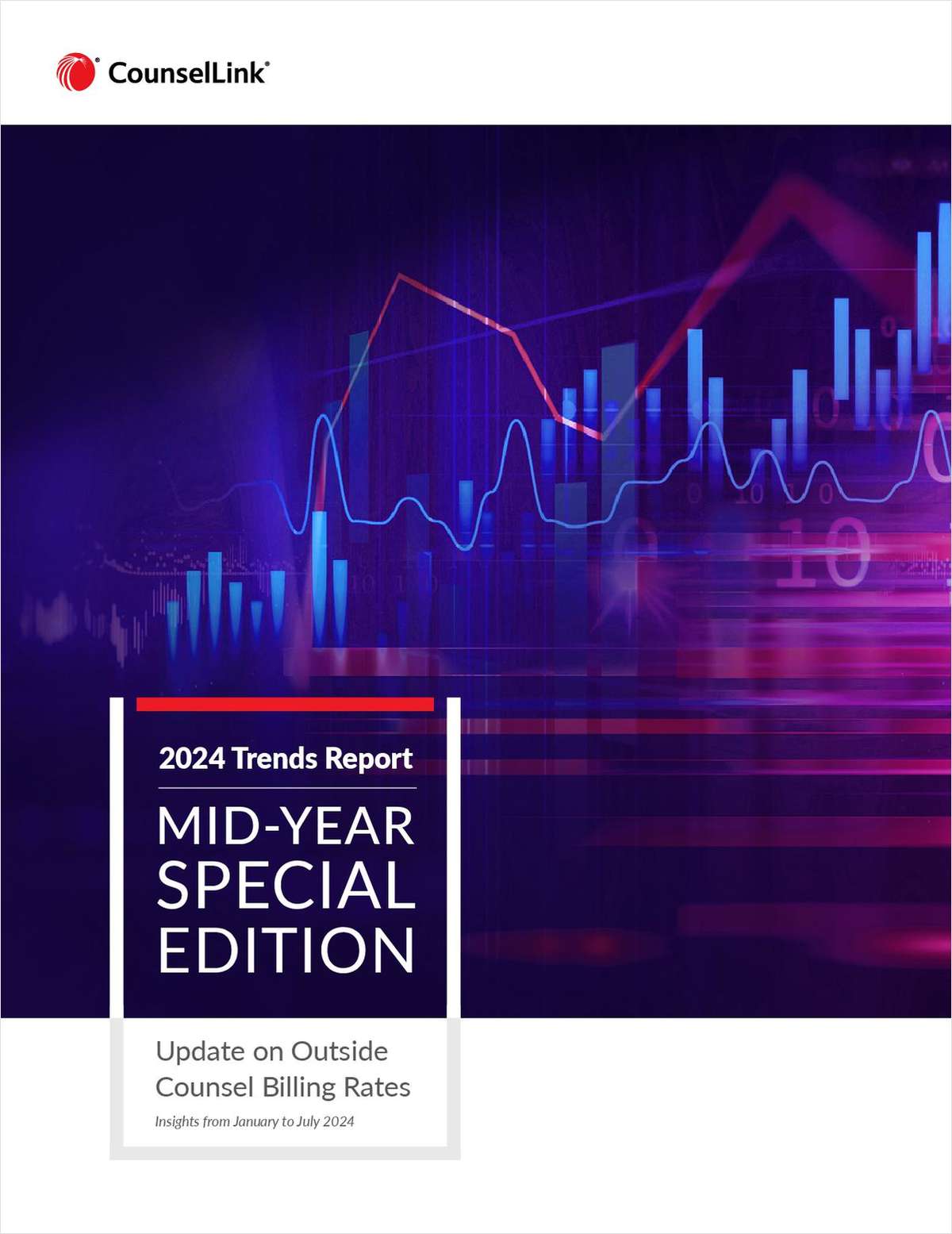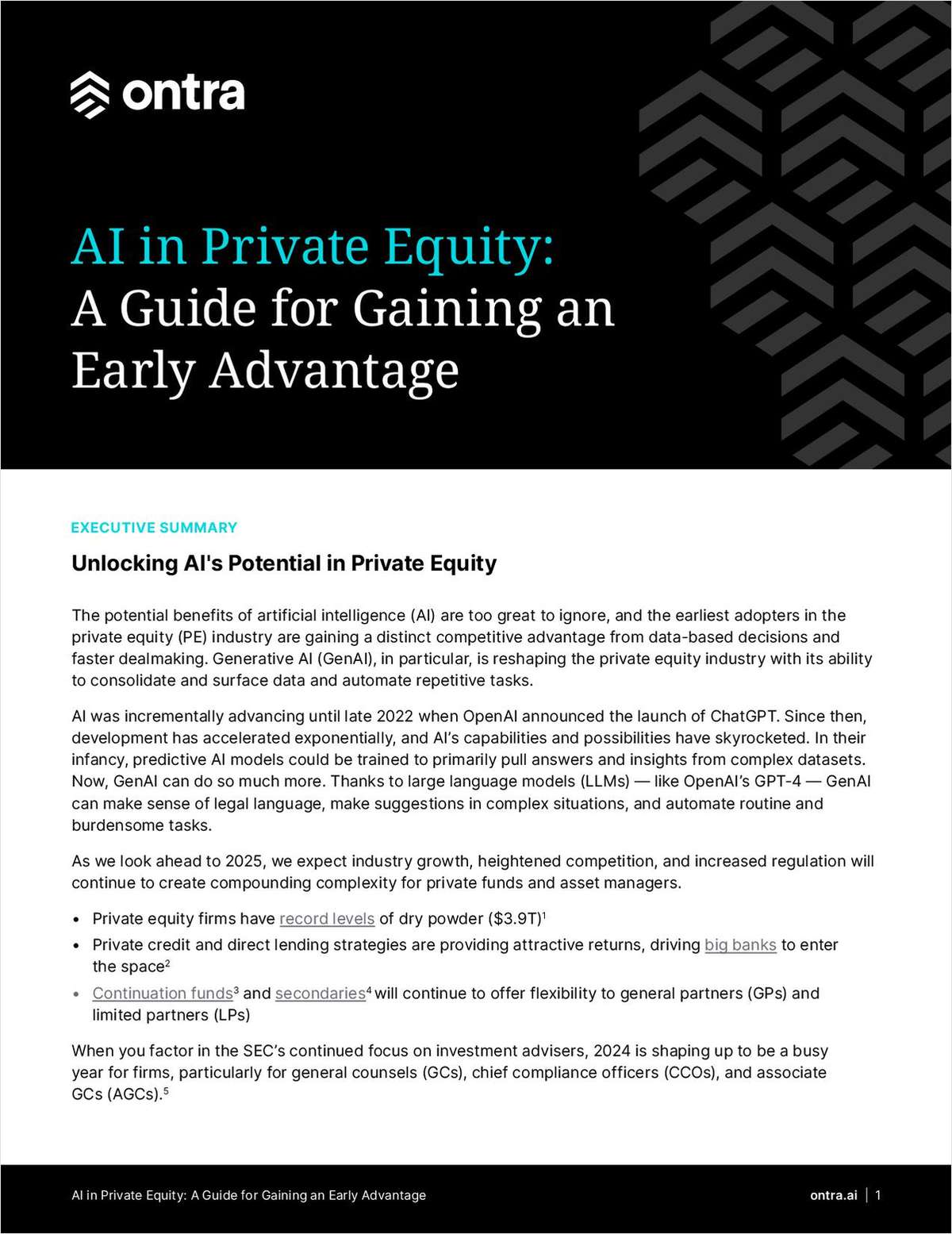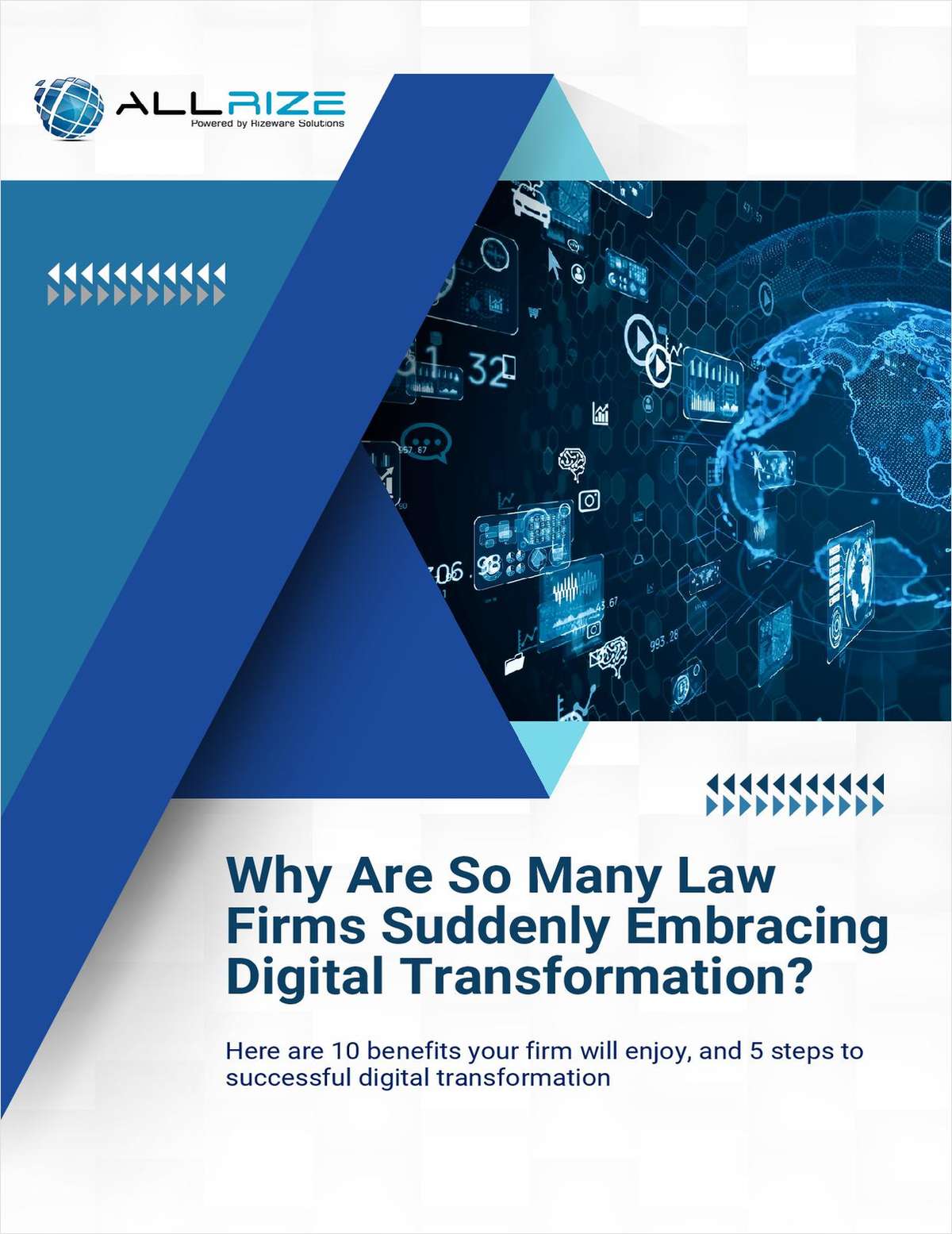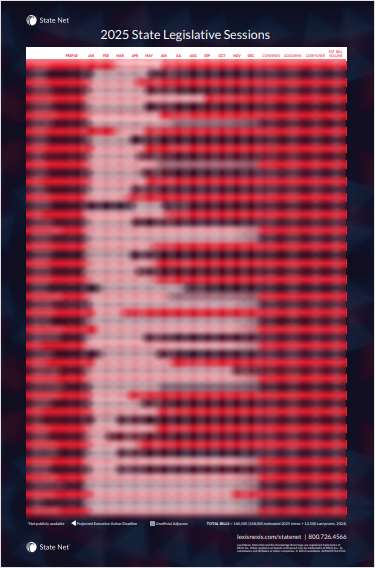New York Law Journal
Section 1782 is a Little-Known Superpower for Foreign Litigants
New York Law Journal
Court Rules on Rap Videos, Child's Victims Act and Prisoner's Claims
New York Law Journal
SEC 'Neither-Understands/Nor-Cares' About Realities of Settlement Gag Rule
New York Law Journal
Do Cry for Us, Justice Brandeis!
New York Law Journal
CPLR 2106 Amended to Permit Any Person to Submit an Affirmation in Lieu of an Affidavit (Part 2)
New York Law Journal
Arbitration: The Solution to the Cannabis Industry Regulatory Morass
New York Law Journal
Recent Law Journal Column Offers Timely Analysis of Law School Curricula
New York Law Journal
Mortgage Contingency Clauses; Riparian Rights: This Week in Scott Mollen's Realty Law Digest
New York Law Journal
When Global Reach Can Mean Global Breach
New York Law Journal

Refer a General Counsel
Invite a GC today and if they are approved and successfully join, we'll reward both of you with on month's free membership.
TRENDING STORIES
- The Law Firm Disrupted: For Big Law Names, Shorter is Sweeter
- How I Made Office Managing Partner: 'If You Are Aware of Areas for Improvement and You Can Play a Role in That, Speak Up,' Says Jennifer Mellott of Freshfields
- 'I'm Staying Everything': Texas Bankruptcy Judge Halts Talc Trials Against J&J
- What We Know About the Kentucky Judge Killed in His Chambers

- Stay vs Go: The Heightened Competition for Law Firm Office Space in Dallas
- Law.com Compass: Uncovering Lessons from Mid-Market Firm Segment Comparisons
- What Associates Really Think: A Deep Dive on Lawyer Satisfaction, Professional Development and How Firms Are Rethinking Talent Management
- Driven by Increased Demand and Productivity, ALM's Q2 Economic Flash Survey Results Point to Strong 1H 2024
Featured Firms
Law Offices of Gary Martin Hays & Associates, P.C.
(470) 294-1674
Law Offices of Mark E. Salomone
(857) 444-6468
Smith & Hassler
(713) 739-1250
More from ALM
- Morgan & Morgan Class Action Attorneys Detail Pathway to Success Within Cybersecurity and Data Privacy Practice 1 minute read
- Holwell Shuster & Goldberg Partners Leverage 'Hostile' Witnesses to Secure $101 Million Verdict Against Walmart 1 minute read
- Legal Speak at General Counsel Conference Midwest 2024: Mike Andolina, Partner, White & Case 1 minute read
Resources

2024 Trends Report Mid-Year Special Edition: Update on Outside Counsel Billing Rates
Brought to you by LexisNexis® CounselLink®
Download Now

AI in Private Equity: A Guide for Gaining an Early Advantage
Brought to you by Ontra
Download Now

Why Are So Many Law Firms Suddenly Embracing Digital Transformation?
Brought to you by AllRize
Download Now

2025 State Legislative Sessions
Brought to you by LexisNexis®
Download Now













